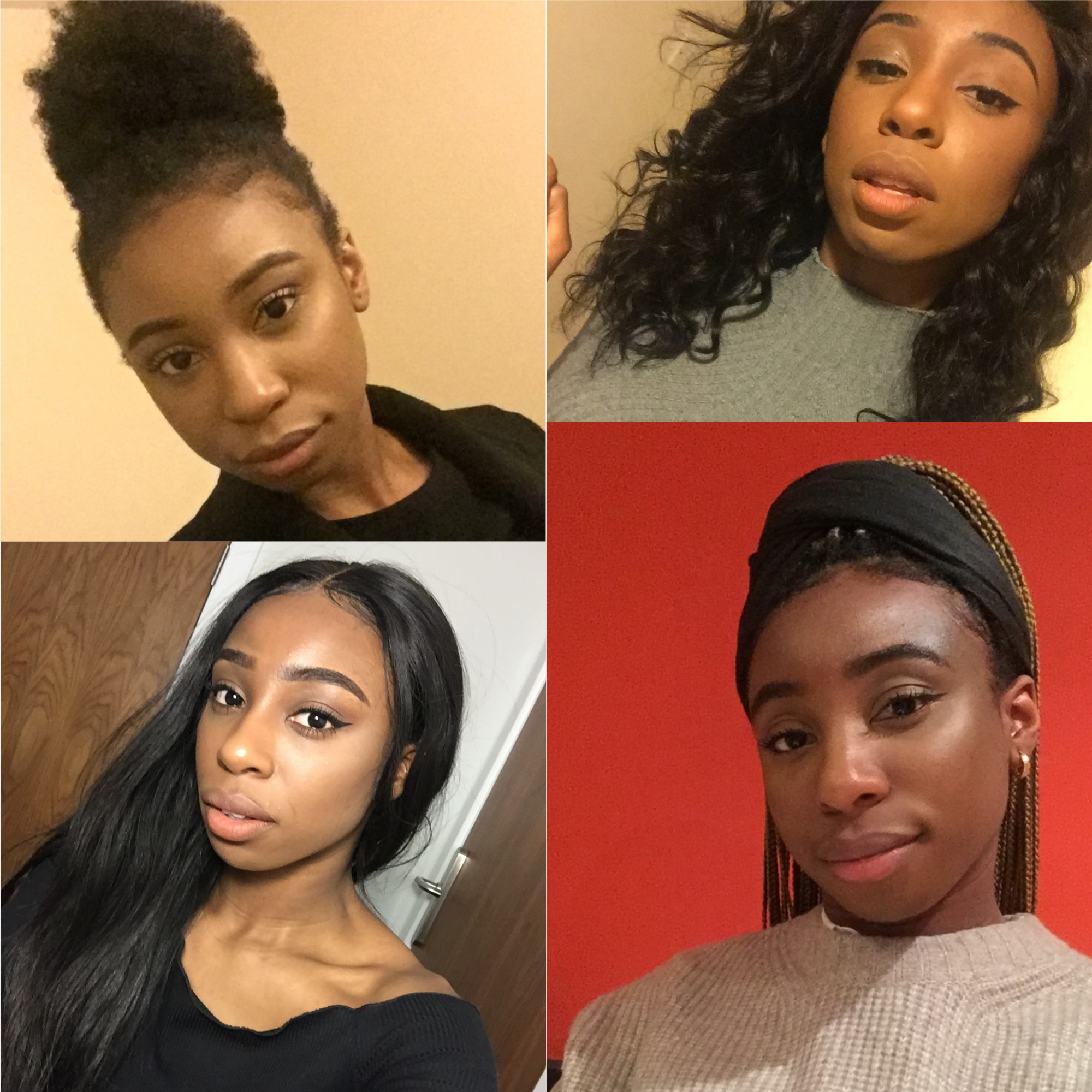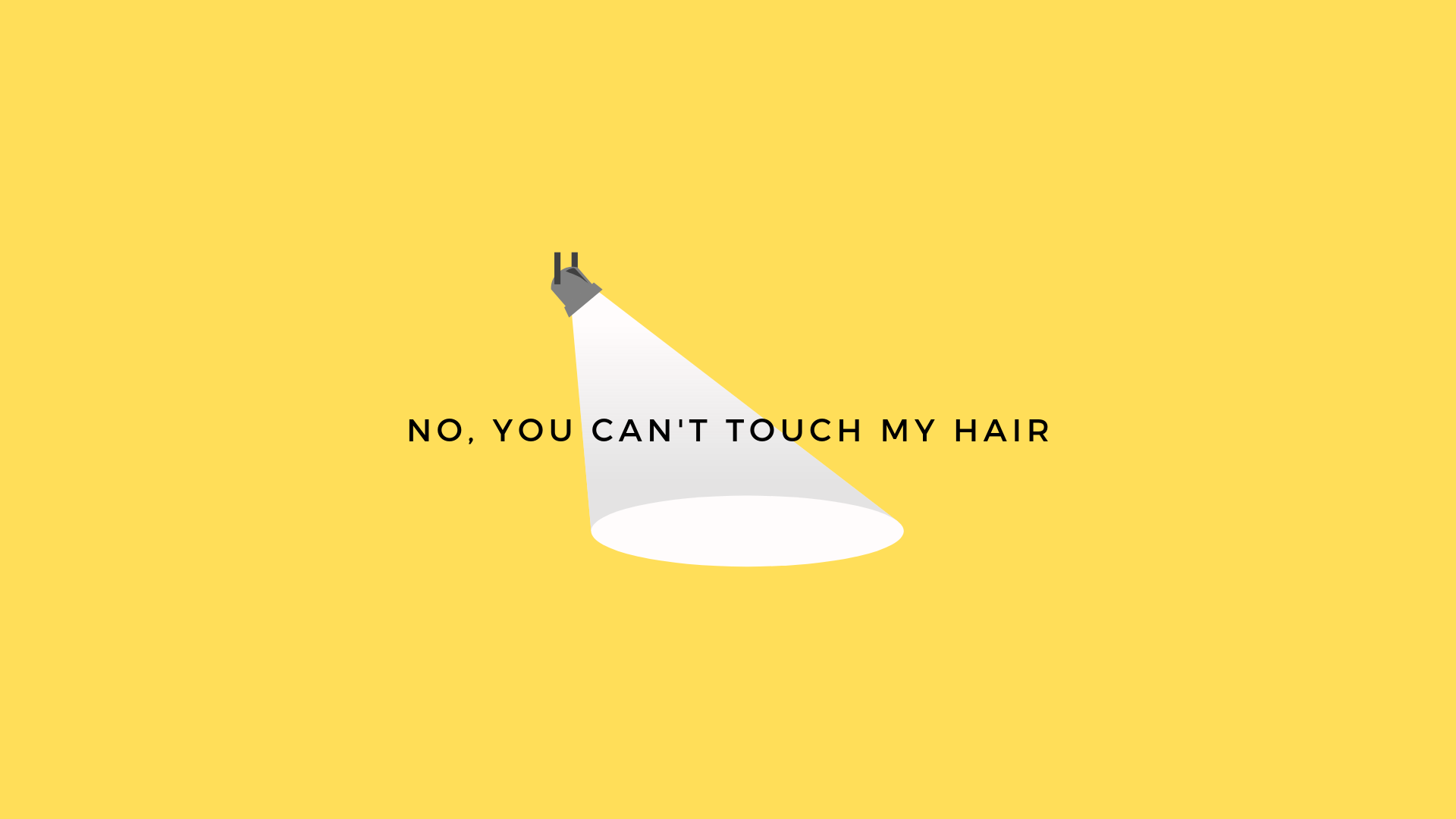By Ore Odubiyi, Third Year Medicine
Ore Odubiyi, founder of BME Medics, discusses a microaggression regularly faced on campus for Epigram's #WhatsMicroaggression campaign
Within a year, I change my hairstyle at least six times. Weaves, wigs, braids, twists, afro puffs are just some hairstyles on the rotation, not to mention the plethora of colours, lengths, textures and styles that can be added to the mix.

Epigram / Ore Odubiyi
The process becomes a much larger ordeal than necessary due to the external factors to consider, i.e. other people. The anticipation of non-black friends, course mates and teachers reacting to a change in my hair alone is enough to make me consider more conservative options of hairstyles rather than just being able to go with what I feel like. I cannot stress how tiring it is changing from braids to a wig and having to endure numerous shrieks of “I didn’t recognise you!”, “Wow, you look so different!” or other comments to that same effect for the following two weeks.
Meanwhile, when Susan dyes her hair neon pink and shaves the sides off, people are still able to identify her just fine. It is definitely interesting how that works; are black people just recognised by one feature? Can my hair not just simply be an artistic expression rather than my identity or is that a privilege reserved for white people?

Wearing your hair in its afro state unleashes a whole new host of problems. You walk down the street and people often stare directly at the top of your head with no attempt to conceal their amazement. Some may even point and callously make comments in jest, calling you a “soul sister” and letting you know they think your hair is “groovy”. People in lectures and classes who haven’t even as much as made casual conversation with you approach you in pursuit of addressing one topic: your hair.
“How do you make your hair do that?”
“It looks like (insert cloud-shaped object here)!”
“How do you sleep/shower/live with your hair like that?”

People ambush and incessantly pose questions to you - it is inescapable. Understandably, I recognise that being in a majority white space makes me very distinguishable from my peers. Little experience with black people often means that differences between us, such as our hair, are ever the more obvious. You don’t need to remind me how different I am to you, I already know. Bombarding black people with prying questions about our hair, how we maintain it and why it is the way it is can be very uncomfortable. It subliminally suggests that the things that makes us who we are make us strange or alien; even sub-human.
Then comes the most dreaded question:
“Can I touch your hair?”
Provided that the person even asks before deciding to launch their hands that has been who-knows-where into your hair. This just screams objectification. It may seem harmless on a superficial level but I can assure you - it is so much deeper than that. In one act, your human identity is reduced and your existence is purely for the gaze and entertainment of another. No doubt that this question is asked out of curiosity, but if you’re really that curious search it on Google.

Black people are not science experiments to be poked and prodded for you to ascertain your findings. We are not here at your disposal to be treated like animals in a petting zoo. We are not too be looked at and gawked at for simply being the way we are. We are fully human and should be treated like such. Respect our humanity and give us the personal space we are entitled to. Our hair choices shouldn’t be a sensation, yet far too often they are.
Changing your hairstyle is a part of black culture. Throughout history, the adorning of black hair has been intrinsic to our being. The fragility of afro hair strands means it thrives when protected using various hairstyles and practices.
However, over time, what was a sign of beauty metamorphosed into an act of resistance. Cornrows were mechanisms to depict routes to freedom on plantations in the transatlantic slave trade. The afro became synonymous with the Black Panther Political Party movement.

Presently, chemically straightening your hair with perms and relaxers increasingly becomes a thing of the past as more and more black people embrace their hair the way it grows from their scalp in all of its kinky, curly and coily glory. In a world where aligning with Eurocentric beauty standards can influence how desirable you are and even your access to education and employment opportunities, resisting societal pressures to alter your natural being, hair included, is in itself a political act.
Seemingly unbeknownst to many non-black people, the politicisation of black hair is a result of the subjugation of black people by white supremacy, the perpetrators using all means possible to erase the agency and the humanity of the black race, including dictating what was deemed acceptable for black hair.

So, when you see a random black person with an “interesting hairstyle” please refrain from asking ignorant questions about what we do to our hair: the internet exists for a reason, go and inform yourself. If you like what you see, compliment them.
It may bolster up their confidence in wearing their hair in its natural state in a world where what isn’t considered “the norm” is made to be less desirable. If you do want to have discourse about black hair, go to black people with whom you already have an established level of rapport and approach the conversation from a place of empathy and ensure you do so in a manner that is dignifying. Don’t pester and pry, black people don’t owe you anything when it comes to their existence - hair included. Like with all physical contact, maybe, just maybe, if the person is comfortable (and your hands are clean) they may just let you touch their hair.
Explore more contributions from our #WhatsMicroaggression campaign here.









